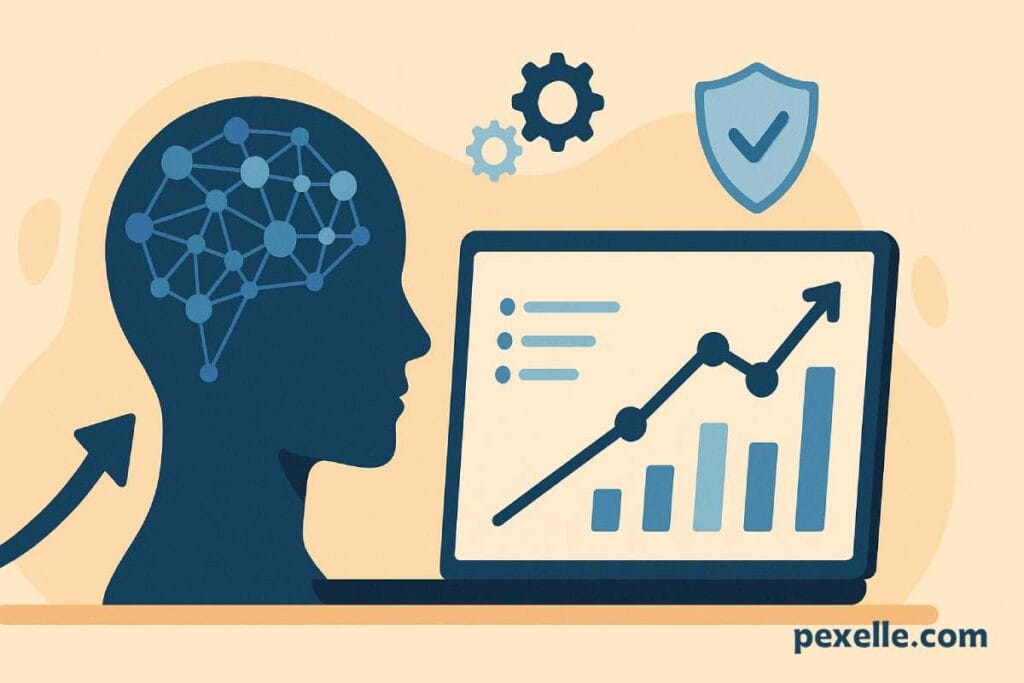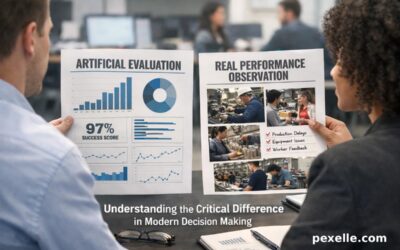Future-Proofing the Workforce: How AI and Skills Data Anticipate Jobs of Tomorrow

Introduction
The rapid evolution of technology, globalization, and shifting economic priorities are reshaping the way we work. Traditional career paths are no longer linear, and many roles of the future have yet to be fully defined. To navigate this uncertainty, organizations, governments, and individuals must adopt a proactive approach: future-proofing the workforce. Leveraging AI and skills data is at the center of this transformation, enabling us to anticipate, prepare for, and thrive in the jobs of tomorrow.
The Rise of AI in Workforce Planning
Artificial Intelligence is no longer confined to automation; it is becoming a strategic partner in workforce planning. By analyzing vast amounts of labor market data—job postings, training outcomes, emerging technologies—AI can identify patterns and predict which roles are declining and which are emerging. For example, while traditional administrative roles may shrink, new positions in AI ethics, quantum computing, and sustainable energy systems are expected to grow.
This predictive power allows organizations to align hiring, training, and development strategies with evidence-based insights, ensuring that employees remain adaptable and competitive.
Skills Data: A New Currency for the Labor Market
Skills, rather than degrees or job titles, are increasingly recognized as the universal currency of employability. Platforms like ESCO and O*NET provide structured taxonomies of skills, which, when combined with real-time market data, create a comprehensive map of current and future demands.
For governments, this data offers a way to close the skills gap by aligning education with labor market needs. For enterprises, it provides the clarity to upskill employees in high-demand areas. For individuals, it is a compass that guides career development toward sectors where opportunities will flourish.
Anticipating Jobs of Tomorrow
The jobs of tomorrow are not just extensions of today’s roles—they often represent entirely new domains. Consider roles such as AI Prompt Engineer, Climate Tech Analyst, or Neuro-Interface Designer. These positions didn’t exist a decade ago, but AI-driven analysis of skills data can already detect their rising demand.
By tracking emerging skill clusters, organizations can prepare ahead of time. Instead of reacting to disruption, they can build resilience by offering tailored training programs and reskilling pathways, ensuring a smoother transition for their workforce.
Future-Proofing Through Continuous Learning
The most critical mindset for future-proofing the workforce is embracing lifelong learning. AI-enabled platforms can recommend personalized learning paths, showing workers which skills to acquire next based on market shifts and their current profiles. This adaptive approach prevents obsolescence and empowers individuals to remain competitive.
Enterprises that invest in continuous reskilling ecosystems will not only retain talent but also attract forward-thinking professionals seeking growth. On a broader scale, governments that adopt this strategy will ensure economic resilience in the face of global disruptions.
Conclusion
The future of work is not predetermined—it is being shaped by our collective response to technological change. By harnessing the predictive capabilities of AI and the mapping power of skills data, we can anticipate the jobs of tomorrow and prepare the workforce accordingly.
Future-proofing is not just about surviving disruption; it is about thriving in it. Organizations, governments, and individuals that embrace AI-driven skills intelligence will not only stay relevant but also become leaders in the digital economy of tomorrow.
Source : Medium.com




